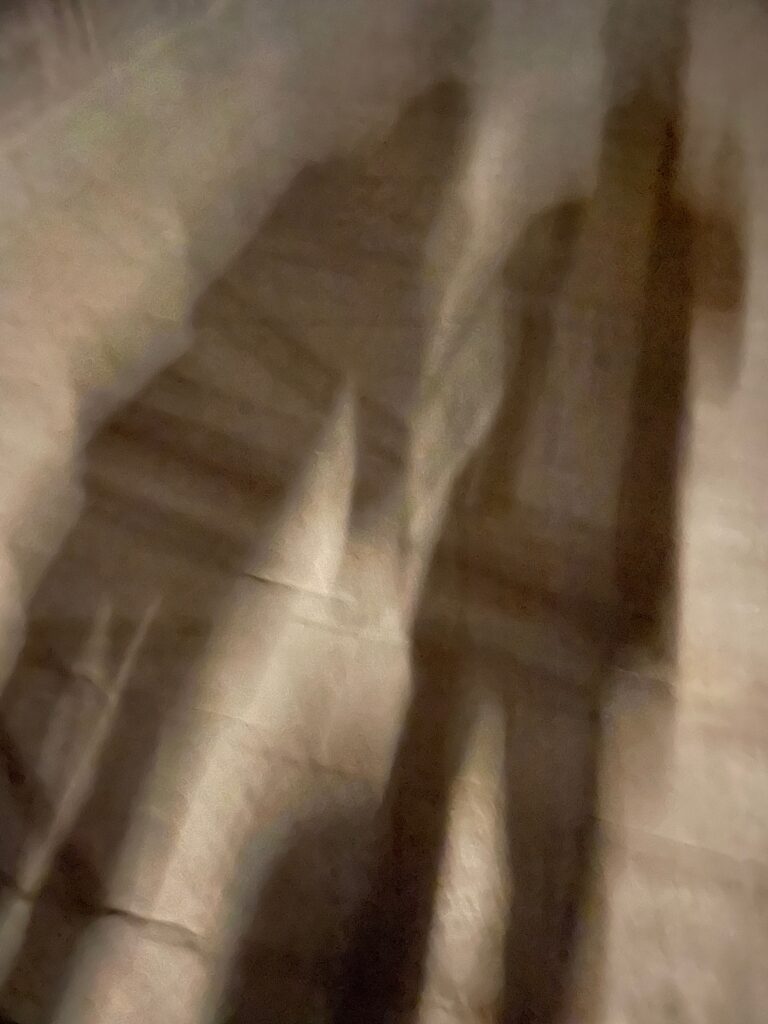
Recent NYRB piece on the poets Ida Vitale and Tomasz Różycki—of Uruguay and Poland, respectively, is deserving of elevation and you, dear reader, deserving of its riches:
“Poetry,” Ida Vitale remarks in the essay included in her new collection, “like death, perhaps, is surrounded by explanations.” Now living again in Montevideo, Uruguay, where she was born in 1923, Vitale can take poetry’s prestige for granted. Over the past century or more Latin America has commanded a world stage: the writings of César Vallejo, Jorge Luis Borges, and Pablo Neruda, among others, hardly require explanation or defense. Her own cohort, the Generation of 1945 (the “Generación Crítica”), was instrumental in keeping Montevideo abreast of cosmopolitan developments in literature, theater, and critical theory. Vitale has received numerous prizes in Uruguay, Mexico, Spain, and France, as well as the rank of Commander of the Order of Arts and Letters of France in 2021. Yet her first selection of poems in English translation (over seventy years’ worth of work, presented in reverse chronological order) contains just one brief manifesto, “Poems in Search of the Initiated,” registering a delicate protest against the diminished readership for poetry:
The challenges awaiting a less confident reader may include unusual verbal constructions, not worn out by use, and a richer vocabulary. These are not impossible to face. The pleasure of enthusiastic decipherment releases a mysterious energy that moves not only the pages of poetry, but also the world’s great prose.
Mystery, Vitale notes, is “that which is reserved for the mystai, the initiated,” and “on the other hand…leads us to the idea of ministry.” But in a democratic age—or, more accurately, an age when democracy is teetering toward authoritarianism—“the initiated” evokes the specter of an elite despised on all sides: “rarefied poetry for the few, almost for specialists.”
Speak, dear authors. Everyone needs to be intrepid about everything, and that definitely includes reading and writing, but also looking at sculpture and paintings, watching dance performance. Hearing poetry.
If we are what we pretend to be, as Uncle Kurt, it’s past time to get serious about that.
Image: Author photo with Mrs. G in the old part of an old city.
